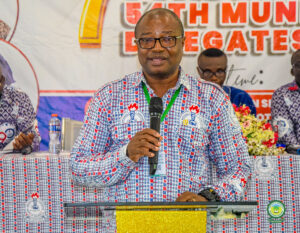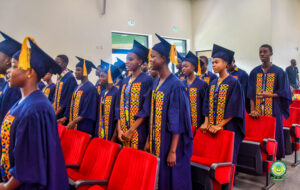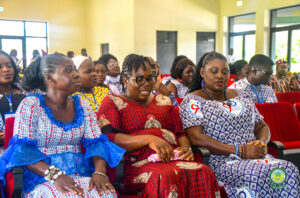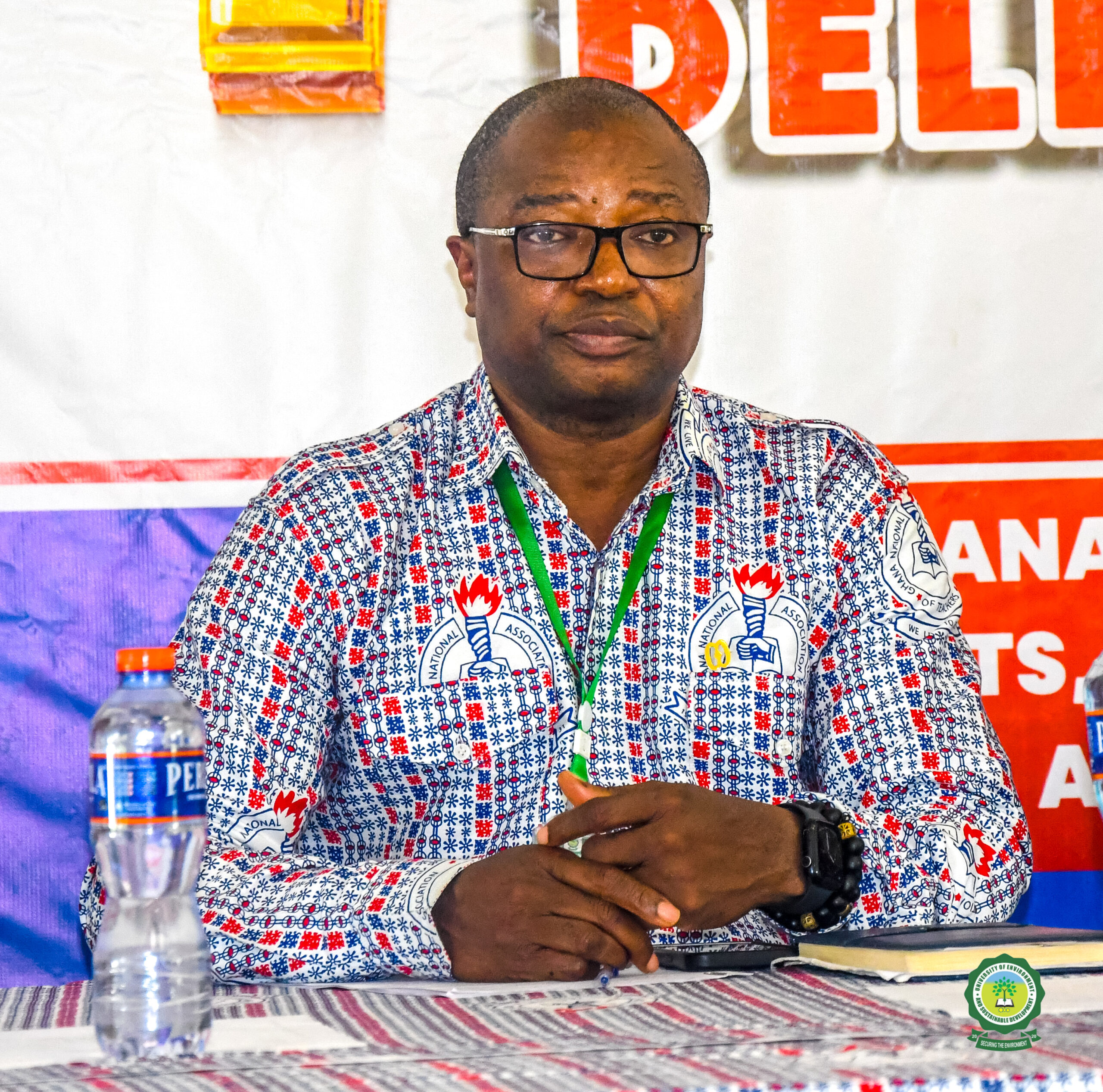The 54th Quadrennial Municipal Delegates Conference of the Ghana National Association of Teachers of the Yilo Krobo Municipality was held on Tuesday, 20th May at the Auditorium, Multipurpose Building of the University of Environment and Sustainable Development (UESD), Somanya, with Professor Eric Nyarko-Sampson, the Vice-Chancellor serving as the guest speaker.
In his address, Professor Nyarko-Sampson highlighted the critical role teachers play in ensuring quality education and national development. Reflecting on the government of Ghana’s efforts over the years—through policies aimed at improving remuneration, promotions, and professional development—he noted that despite these interventions, teacher motivation remains low. This, he said, continues to affect teacher retention, instructional quality, and student outcomes.

Drawing from his background as an educationist, Professor Nyarko-Sampson described teacher motivation as the willingness, drive, and desire to engage in effective teaching practices. He explained that motivation is multifaceted, encompassing both intrinsic and extrinsic elements. He stated that the dedication of teachers, especially those who travel long distances to teach, is a clear indication of their intrinsic commitment, and “No one goes to work to do a bad job,” he stated.
He further discussed teacher job satisfaction as a complex but vital element of motivation, shaped by working conditions, the school environment, and opportunities for professional growth. According to him, satisfied teachers are more engaged, motivated, and effective, which directly benefits student engagement and academic performance.

Highlighting key components of teacher motivation, he mentioned intrinsic motivation, interpersonal relationships, autonomy, institutional support, professional development, and recognition. To address challenges in these areas, Professor Nyarko-Sampson proposed several strategies including the creation of supportive work environments, promoting teacher collaboration, offering continuous professional development, clear and respectful communication, modeling positive attitudes, and maintaining a strong focus on student success.


He concluded by asserting that “by fostering these elements, schools can create a more motivating and rewarding environment for teachers, leading to improved teaching and learning outcomes for students.”
The conference provided an important platform for dialogue on the state of education and reinforced the need for continued efforts to support and empower teachers in Ghana.
By: Barbara Mary Yakubu

